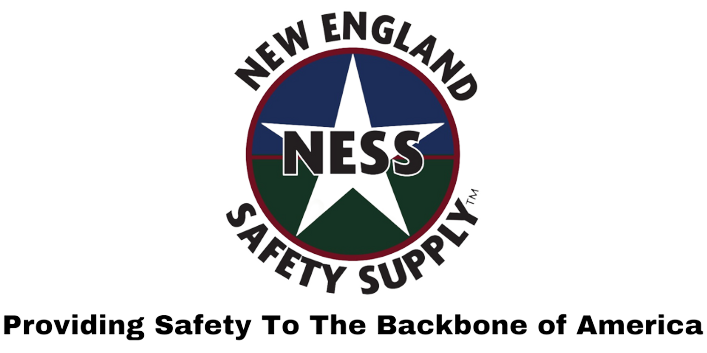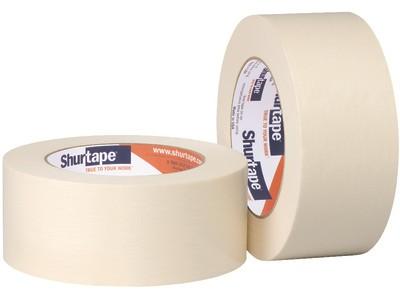Lubrication plays a crucial role in MRO (maintenance, repair, and operations) operations. Proper lubrication can significantly extend the lifespan of machinery, reduce equipment downtime, and lower maintenance costs. This blog post will explore the importance of proper lubrication in MRO operations.
- Lubrication Basics
- Lubrication is the process of reducing friction between two moving surfaces by applying a lubricant.
- The lubricant can be oil, grease, or a solid film lubricant, depending on the application.
- Proper lubrication creates a barrier between the two surfaces, preventing metal-to-metal contact and reducing wear and tear on the equipment.
- Benefits of Proper Lubrication
- Proper lubrication can extend the lifespan of machinery by reducing wear and tear on the equipment.
- Lubrication can also reduce equipment downtime by preventing breakdowns and reducing the frequency of maintenance.
- Proper lubrication can also lower maintenance costs by reducing the need for repairs and replacements.
- Common Lubrication Mistakes
- One of the most common lubrication mistakes is using the wrong type of lubricant for the application.
- Over-lubrication or under-lubrication can also cause problems. Over-lubrication can lead to excessive heat and energy consumption, while under-lubrication can cause wear and tear on the equipment.
- Another common mistake is neglecting to clean the equipment before lubrication. Dirt and debris can contaminate the lubricant and cause damage to the equipment.
- Lubrication Best Practices
- Start by consulting the manufacturer's recommendations for lubrication.
- Select the appropriate lubricant for the application based on factors such as temperature, load, and speed.
- Use the correct amount of lubricant. Over-lubrication can lead to excess heat, while under-lubrication can cause equipment damage.
- Clean the equipment before lubrication to prevent contamination.
- Implement a lubrication schedule and stick to it. Regular lubrication can help to prevent breakdowns and extend equipment lifespan.
- Choosing the Right Lubricant
- When choosing a lubricant, consider the application and the equipment's operating conditions.
- Temperature, load, speed, and other factors can all impact the lubricant's performance.
- Consult with lubrication experts or the lubricant manufacturer to select the appropriate lubricant for the application.
- Lubrication Equipment and Tools
- Proper lubrication equipment and tools are necessary for effective lubrication.
- Lubrication tools may include pumps, hoses, nozzles, and fittings.
- The right lubrication equipment can help to ensure that the correct amount of lubricant is applied to the equipment.
- Lubrication Training
- Proper lubrication requires knowledge and skill.
- Provide training for maintenance personnel to ensure that they understand the importance of lubrication and how to properly lubricate equipment.
- Training should cover factors such as selecting the correct lubricant, proper lubrication techniques, and equipment maintenance.
Proper lubrication is essential for MRO operations. It can extend equipment lifespan, reduce downtime, and lower maintenance costs. Common lubrication mistakes, such as using the wrong lubricant or over-lubricating, can cause damage to equipment and increase costs. Lubrication best practices include selecting the appropriate lubricant, using the correct amount of lubricant, and cleaning the equipment before lubrication. Choosing the right lubrication equipment and tools and providing training for maintenance personnel can also help to ensure effective lubrication. By following these best practices, MRO operations can ensure that their equipment runs efficiently and effectively.
 (508) 492-8975
(508) 492-8975


